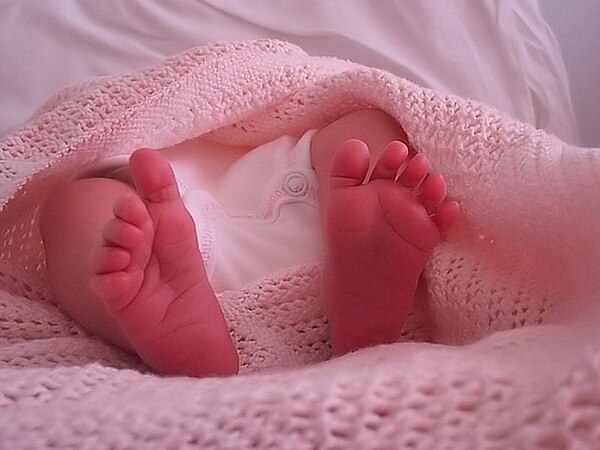
A promising treatment to cut brain injury in newborns

Washington D.C. [USA], Nov 11 (ANI): A team of researchers has identified a promising treatment to reduce or prevent brain injury in newborns who have suffered hypoxia-ischemia, a serious complication in which restricted blood flow deprives the brain of oxygen.
Consequences of brain injury resulting from oxygen deprivation affect the entire lifespan and range from mild (learning disabilities) to severe (inability to breathe, walk, talk or see). This complication can occur during or before birth due to maternal/placental problems, such as placental abruption or cord prolapse, or due to fetal/newborn issues, such as asphyxia due to labor difficulties, infection, fetal-maternal bleeding or twin-to-twin transfusion.
The study by research-clinicians at Children's National Health System evaluated newborn experimental models exposed to hypoxia-ischemia. The experimental models were given standard cooling therapy (therapeutic hypothermia) alone and in combination with a selective Src kinase inhibitor, PP2, that blocks a regulatory enzyme of apoptosis (cell death), which intensifies as a result of hypoxia-ischemia.
The Food and Drug Administration has approved a Src kinase inhibitor as an oncology treatment. This study is the first to test the benefits of blocking this enzyme in reducing the neurological damage caused by brain hypoxia-ischemia.
"In hypoxia-ischemia, CaM kinase is over-activated, but hypothermia has been shown to decrease this enzyme's activation. We theorized that a Src kinase inhibitor, in addition to hypothermia, would further attenuate the activation of CaM kinase IV and that the result might be less brain damage," explained lead author Panagiotis Kratimenos. "From this study, we were pleased that this seems to be the case."
The authors concluded that hypothermia alone attenuated the over-activation of CaM kinase IV and improved neuropathology after hypoxia. However, the combination of hypothermia with Src kinase inhibition following hypoxia further attenuated the increased activation of CaM kinase IV, compared with hypothermia alone in the newborn experimental model brain.
"If confirmed by further studies, this approach--in combination with cooling -- may help to further attenuate neurological damage that babies suffer after experiencing hypoxia-ischemia," said Kratimenos.
The study is published in Neonatology. (ANI)
This story has not been edited. It has been published as provided by ANI
Top Headline
Trending News

and tablets



























